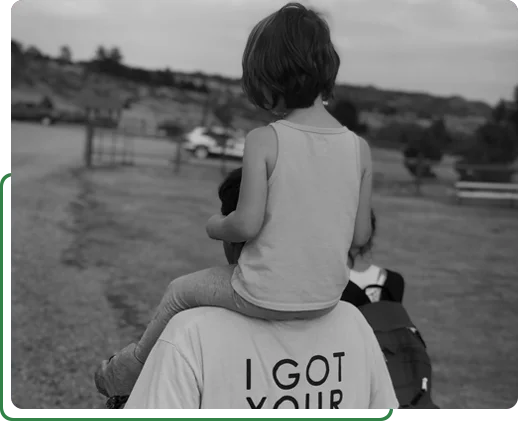Logan Moeller is the MS/HS principal at Lower Brule Schools. His experience and certifications as a K-12 Administrator and highly qualified teacher with endorsements in multiple areas provide him with unique practice and insight to create and implement innovative and realistic programming to improve educational outcomes. Logan’s passion involves fostering a collaborative atmosphere that nurtures creativity and development among students, staff, and community members, enabling each individual to realize their potential and ensuring our team achieves outstanding results. Outside of his work in education, Logan enjoys reading, writing, woodworking, gardening, fishing, and any other new activity that looks fun. Logan and his wife Samantha live outside of Oacoma, SD, where they raise a son, Wiley, daughter, Dune, dogs, cows, lambs, quail, ducks, turkeys, chickens, and anything else he can fit in the SUV.
Our partnership with Networks of Support has significantly benefited the students, staff, and community at Lower Brule Schools. Through this collaboration, we have seen an increase in positive interactions and a deeper sense of connectedness among students and staff. Students have grown more confident in their abilities and have formed stronger relationships with one another. Importantly, they have also developed the ability to make healthier choices and are better equipped to identify trusted peers and adults for guidance and support. Overall, Networks of Support has fostered a stronger sense of community and contributed to a more positive and supportive school environment.





